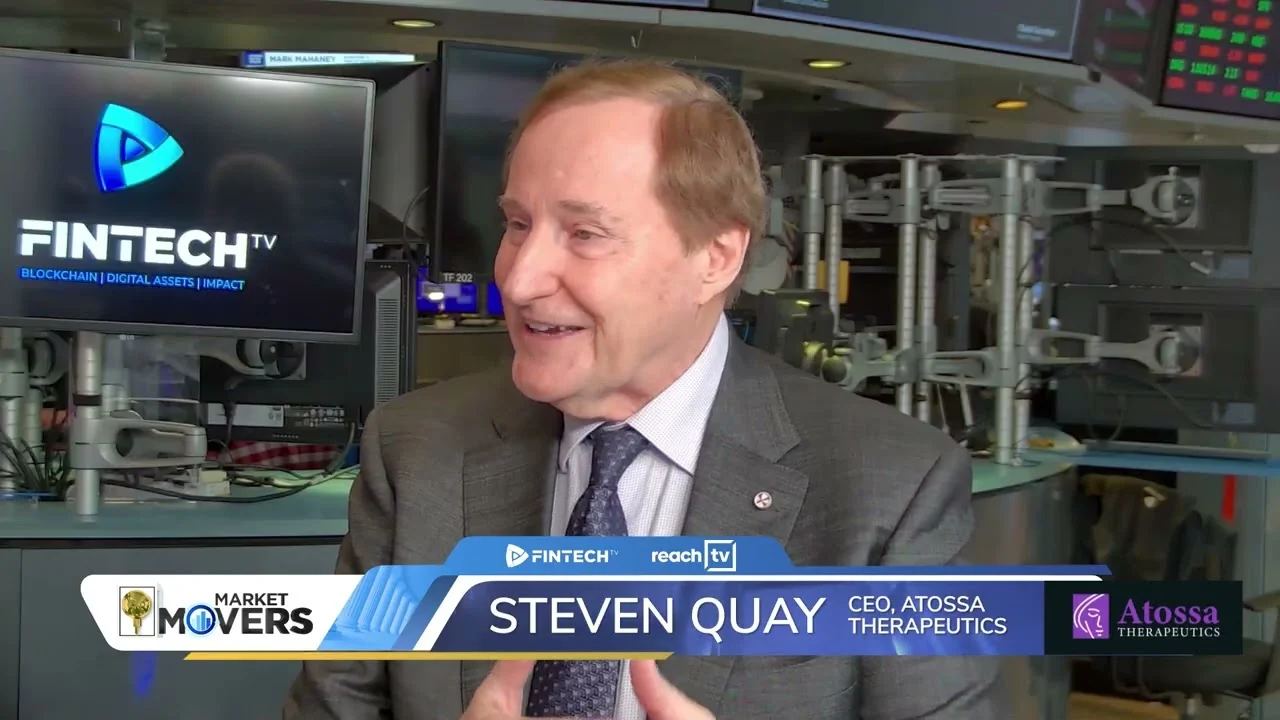- The Victor Davis Hanson Show
- December 16, 2024
In a recent podcast interview with historian and host Victor Davis Hanson, Dr. Steven Quay returned to share his insights on the evolving landscape of public health policy, the challenges ahead, and his ongoing efforts in cancer research. The conversation touched on everything from federal health agencies to the importance of preventive care, providing a window into the mind of a physician-scientist who has spent his career questioning assumptions and pushing for transparency.
Why Public Health Leadership Matters
Dr. Quay began by discussing the immense scope of the Department of Health and Human Services (HHS), which oversees agencies like the CDC, NIH, and FDA. He made a compelling case for why appointments to these agencies are more critical than ever. In a world where health decisions influence everything from our economy to personal freedom, the right leadership can mean the difference between policies that help and those that harm.
Drawing from his own experience, Dr. Quay underscored the need for reform-minded leadership — individuals who prioritize public interest over corporate influence. He shared his cautious optimism about potential reforms under leaders like RFK Jr. and Dr. Jay Bhattacharya, both of whom aim to address longstanding issues in vaccine safety, chronic disease, and health transparency.
A Personal Commitment to Prevention
Beyond policy, Dr. Quay’s passion for scientific research was evident. As CEO of Atossa Therapeutics, he’s leading promising work aimed at preventing breast cancer by reducing breast tissue density — a factor linked to higher cancer risk. His approach is simple yet powerful: identify women at risk and offer preventive care before the disease takes hold. The idea that we can prevent cancer rather than just treat it is a hopeful vision for the future of medicine.
Dr. Quay's Lessons Learned from the Pandemic
Reflecting on the pandemic, Dr. Quay spoke candidly about the need for a balanced approach to public health decisions. He questioned the one-size-fits-all lockdowns and discussed how data now shows that more targeted policies could have better served the public. His perspective is rooted not in hindsight but in a careful analysis of the science available at the time — a reminder that public health is as much about asking the right questions as it is about finding the right answers.
A Thoughtful Counter-Revolution
Ultimately, this conversation wasn’t just about policies or politics. It was about the importance of transparency, the value of debate, and the courage to challenge consensus when necessary. Dr. Quay’s insights remind us that the path to better health outcomes starts with openness, integrity, and a commitment to serving people above all else.
For those who care about public health, preventive care, and scientific innovation, this episode offers a thoughtful exploration of the challenges and opportunities that lie ahead.
Listen to the full episode and hear Dr. Steven Quay’s perspective on public health reform, policy changes, and the future of medical research.




